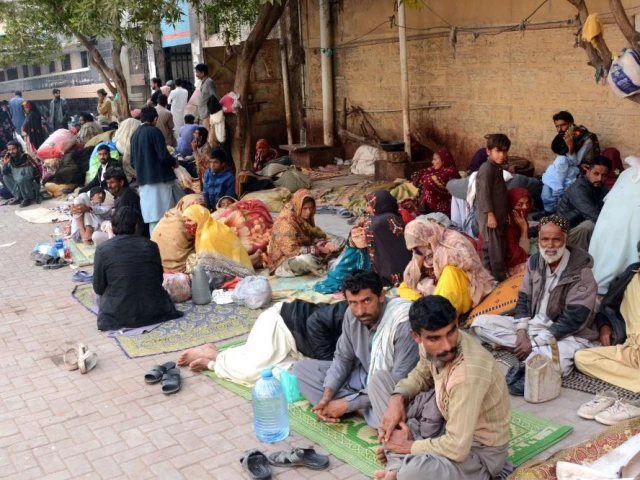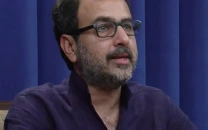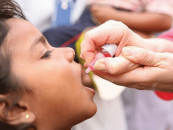Hospitals fail to maintain infection control amid bed shortages
Officials at public hospitals say they are making difficult decisions to save lives

Severe overcrowding and an acute shortage of hospital beds in the major public healthcare facilities of the metropolitan city have made effective infection control virtually impossible, posing serious risks to both patients and medical staff.
In the emergency wards of Civil Hospital and the National Institute of Child Health, the situation has reached alarming levels, with two or more patients routinely forced to share a single bed. In some cases at NICH, three to four children are placed on one bed due to a lack of space.
According to international healthcare guidelines, including those issued by the World Health Organisation (WHO), every patient must be provided with a separate bed and adequate physical distancing to prevent the transmission of infections. But in Karachi's overstretched government-run hospitals, these standards are proving impossible to meet.
Sources within the emergency department of one public hospital revealed that a large number of patients arrive in critical condition after being turned away from over-capacity facilities such as JPMC and Indus Hospital. When these referrals are also denied admission due to full wards, families often refuse to leave hospital premises, leaving medical staff with little choice but to adjust patients on already occupied beds.
"Who will take responsibility if a patient dies on the hospital steps?" asked a staff member, describing scenes where emergency beds are placed near registration counters, with male and female patients lying side by side. In such chaotic conditions, doctors struggle to provide care, often being jostled by crowds while attempting to treat critical cases.
The lack of space and basic infrastructure is not just a logistical issue - it's a public health hazard. Medical experts warn that placing multiple patients on a single bed increases the risk of cross-infection.
A patient arriving with one illness may leave with another due to the uncontrolled transmission of germs and bacteria.
The situation is particularly dire at children's hospitals, where overcrowding has become routine, and the risk of disease spread is especially high among vulnerable pediatric patients.
Senior officials at public hospitals acknowledge the health risks but argue that under the circumstances, they are making difficult decisions to save lives.
























COMMENTS
Comments are moderated and generally will be posted if they are on-topic and not abusive.
For more information, please see our Comments FAQ